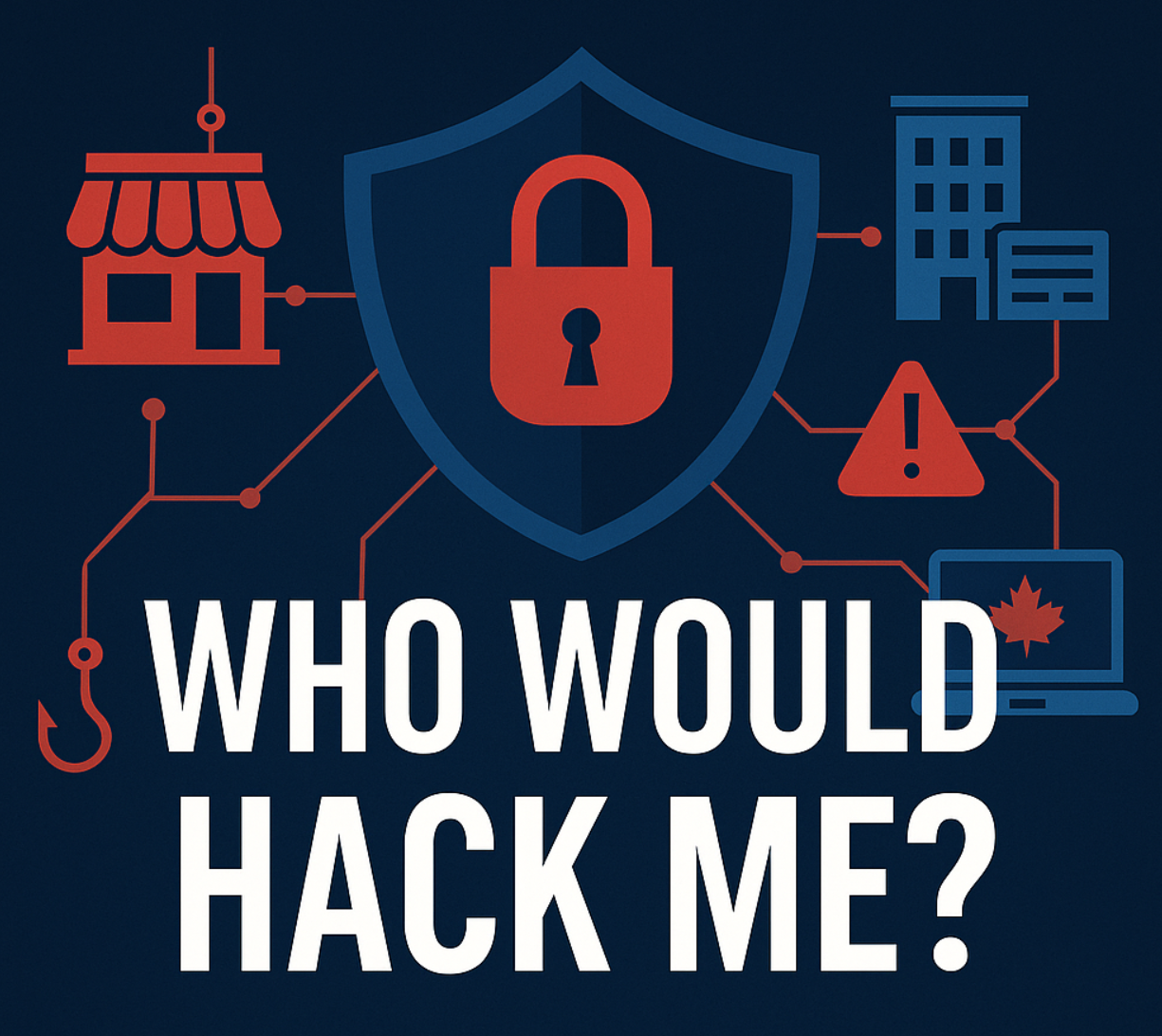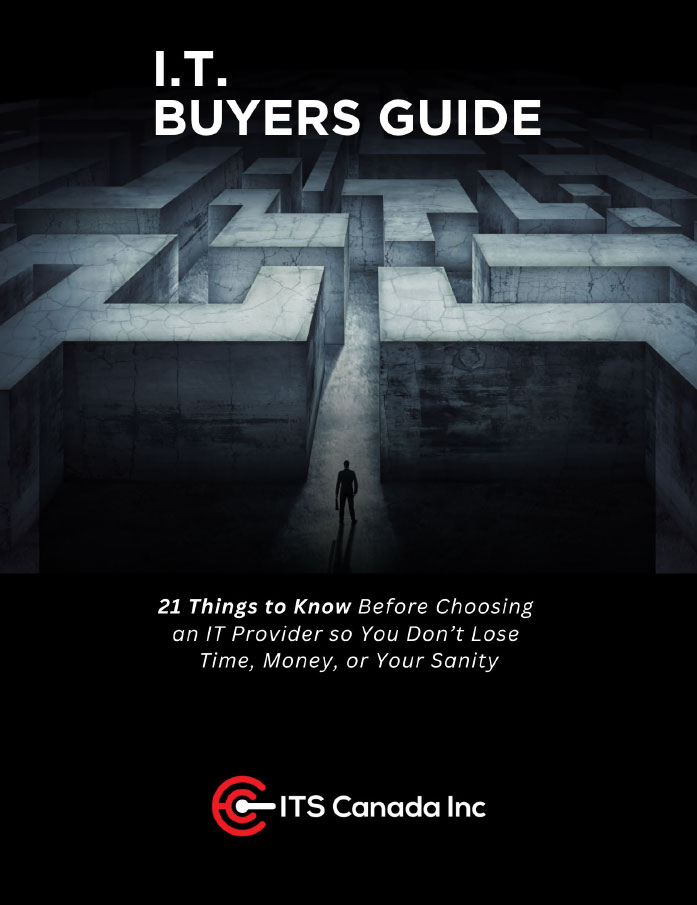
If you’re a small or mid-sized business owner, you’ve probably thought: “We’re not big enough for hackers to care about us. Why would anyone target us?”
The truth? Cybercriminals love small businesses - because you think that way.
Why Small Businesses Are a Target
- You hold valuable data: customer files, employee details, payment records. Criminals don’t care if it’s 50 clients or 50,000 - every record can be stolen, resold, or abused.
- You’re a gateway: many SMBs are part of supply chains. Hackers may target you as the “easy door” into your larger customers or partners.
- Automation makes everyone a target: attacks are no longer handpicked. Bots blast out phishing emails, scan the internet for weak passwords, and send fake invoices at scale. If your defenses are weak, you’re on the list.
- Trust is currency: your customers trust your brand. A fake invoice or email that looks like it’s from you is far more likely to succeed than a generic spam message.
The Scams Hitting SMBs Today
The Better Business Bureau (BBB), Interac, and others track scams hitting small businesses across Canada - and they prove you don’t need to be “big” to be a victim.
Real Stories, Real Costs
- Half of Canadian businesses hit by fraud
A CFIB & Interac study found 50% of Canadian SMBs experienced attempted or successful fraud in the past year. Those who lost money, lost an average of $7,800. Top scams: phishing emails, spoofed texts, fraudulent payments, and chargebacks. - Friendly fraud in Ottawa
Capital BBQ, a small retailer, delivered a product with proof of delivery, serial numbers, and warranty registration. The buyer claimed non-delivery, got a credit card chargeback, and the business lost about $3,000 despite rock-solid evidence. - Fake invoices in New Brunswick
Local businesses received invoices for listings and services they never ordered. The invoices looked real, but they weren’t - some companies paid before realizing they’d been tricked. - $558,000 spear phishing attack
A Canadian city transferred more than $558K after attackers hacked a non-profit partner’s email account, impersonated the executive director, and slipped in fraudulent banking details.
These aren’t unusual outliers. They’re everyday examples of how SMBs across Canada are losing thousands - sometimes hundreds of thousands - to scams that start small.
The Hidden Cost of “Who Would Hack Me?”
A cyberattack isn’t just about the ransom demand or one fraudulent invoice. The fallout is bigger:
- Breach costs add up fast: IBM research shows the average cost per compromised record is $165 globally, but $250–350 in regulated sectors like finance and professional services. Even if you only store 2,000 customer files, that’s easily $500K+ in exposure.
- Insurance denials are real: When the City of Hamilton was hit by ransomware, their recovery costs hit $18.3M — and their insurance claim was denied because they hadn’t fully rolled out multi-factor authentication (MFA).
- Reputation damage: Customers lose trust quickly. Once trust is gone, winning it back is often harder (and more expensive) than the initial loss.
Small businesses that think they’re “too small to matter” are often the ones least able to bounce back.
How SMBs Can Protect Themselves
Think of cybersecurity like bookkeeping: one check isn’t enough, you need a system of controls.
- Multi-Factor Authentication (MFA) → like requiring two signatures on a cheque. Essential, but not a silver bullet.
- Monitoring → like daily reconciliations. Continuous monitoring catches issues fast.
- Backups → like storing your books offsite in case of fire. Tested backups mean recovery is possible.
- Policies → like segregation of duties. No one person should control everything.
- Training → like professional development. Staff need constant refreshers to recognize scams. BBB flags unexpected QR codes, spoofed voicemails, and unusual texts as red flags every employee should know.
- Insurance readiness → like an audit trail. If you can’t prove your controls, your insurer may deny coverage.
The Bottom Line
Hackers don’t care about your size. They care about your data, your access, and your trust.
If you’ve ever said “who would hack me?” - the answer is simple: anyone with an internet connection.
That’s why SMBs need the same layered protections as big enterprises - scaled to fit their reality.
At ITS Canada, we help small and mid-sized firms build resilience with our Cyber Readiness Assessment - a practical check-up to make sure you’re protected, compliant, and insurable.
Contact us today - Because in today’s world, small doesn’t mean safe.





